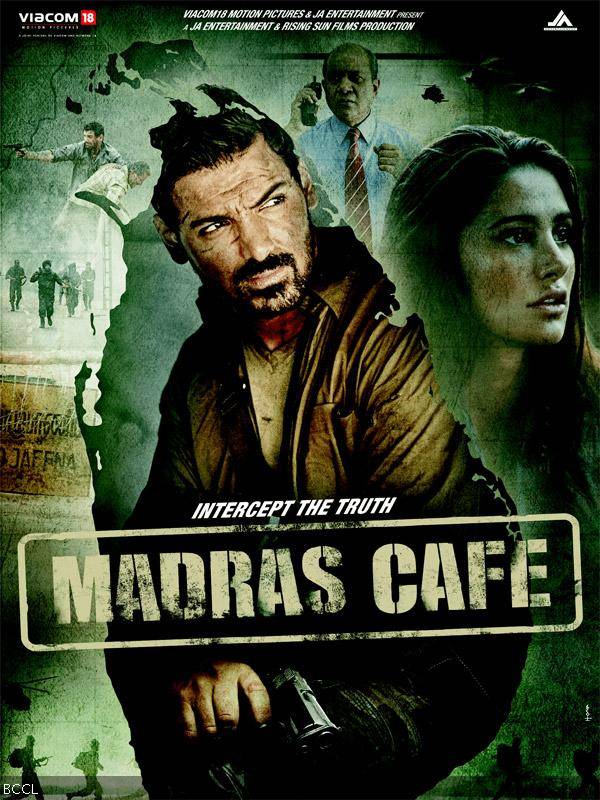
After a long time away from the cameras, Shah Rukh Khan is back on the big screen. And in a completely new avatar too – this time he’s an action hero in YRF’s ‘Spy Universe’, home to previous films Ek Tha Tiger, Tiger Zinda Hai and War. It’s a change of pace for Shah Rukh, but he ably deals with a weak plot, below par special effects and some dodgy dialogue to deliver an entertaining and enjoyable film. The king is back!

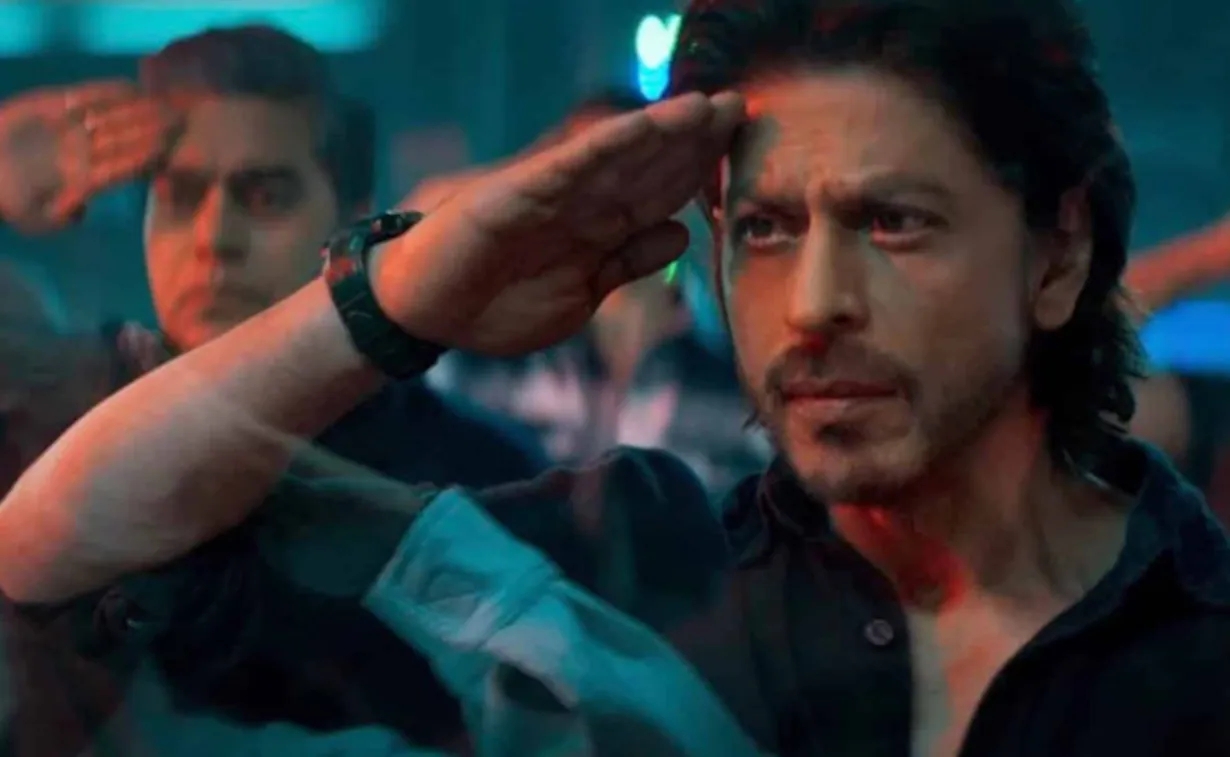
The film starts with fight sequences, explosions and plenty of crazy action and that’s pretty much how it carries on too. There is no time to stop and try and work out what is happening – and it doesn’t really matter anyway. SRK is an Indian agent in an organisation for those who have been injured in service. They may be ‘broken eggshells’ as their commanding officer Colonel Luthra (Ashutosh Rana) describes their JOCR agency, but they are still able to act as spies even if their physical ability isn’t what it was. Not that there is any sign of Pathaan (Shah Rukh Khan) being incapable of destroying the bad guys as and when required. And yes, JOCR is pronounced joker although the head of the group Nandini (Dimple Kapadia) tried to ignore the implications of the acronym.
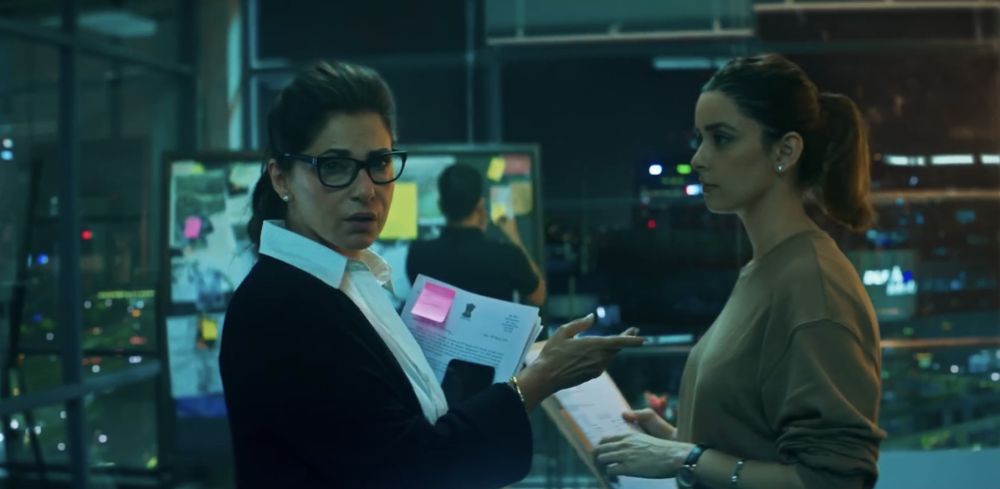
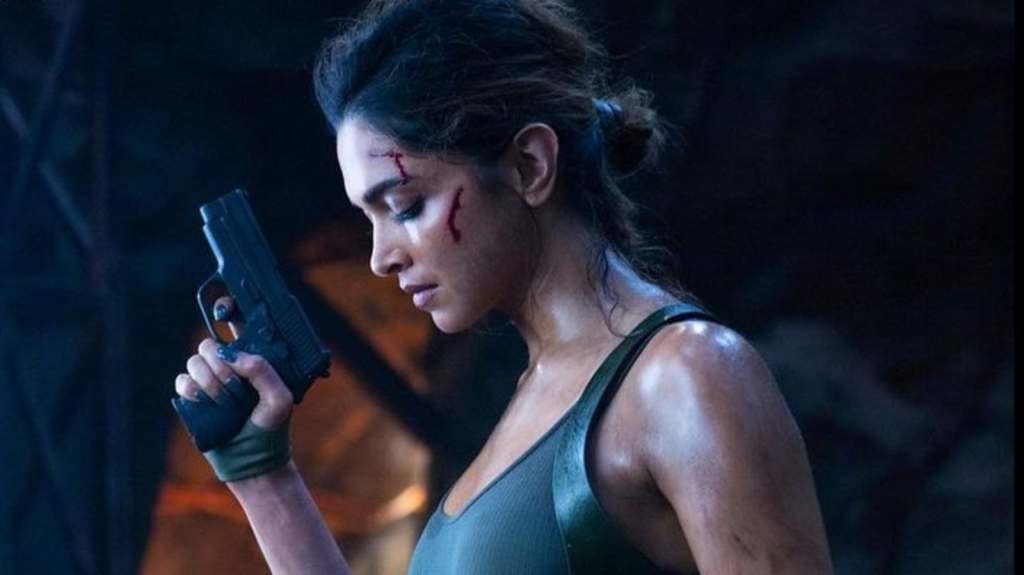
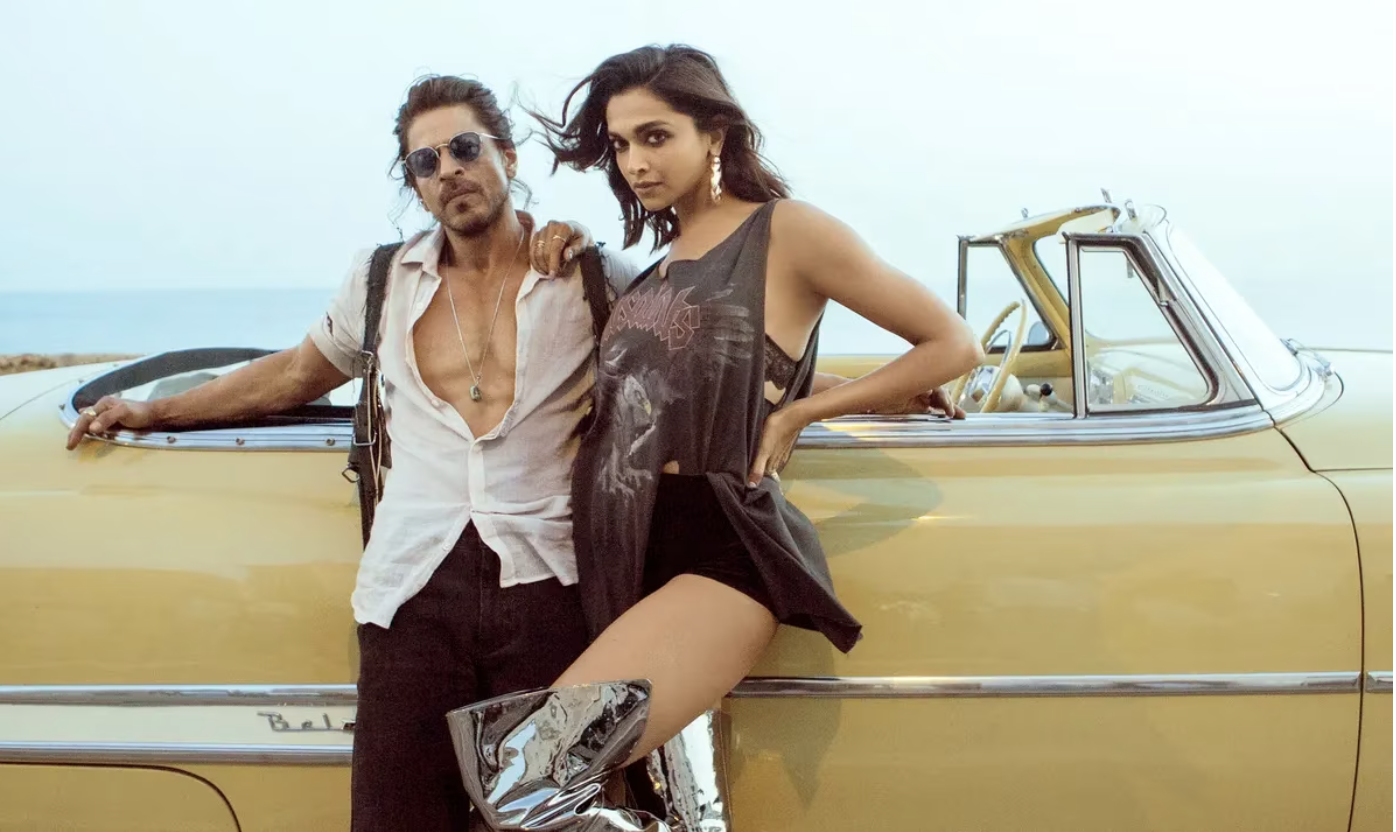
Honestly, the story doesn’t matter. There is a lot of switching between various flashbacks to explain the back story of the characters as well as continent hopping to have pretty locations to blow stuff up. But basically there is a bad guy, ex-RAW agent Jim (John Abraham) who is working for rogue Pakastani general Qadir (Manish Wadha) and is aiming to create as much chaos as possible when India revokes the special area status for Kashmir. Politically I guess writers Shridhar Raghavan and Abbas Tyrewala were trying to offend as few people as possible, but their approach leaves Jim in particular as having a rather weak motivation for his actions. The story is from Siddharth Anand who also directed the film.
Jim’s team consists of people from a lot of alphabet groups, and most are fairly disposable except for Dr Rubina Mohsin (Deepika Padukone) who kicks ass energetically while still managing to look like a supermodel. There is a vague romance between Rubina and Pathaan, which only really heats up in the songs (there are only 2). There is a lot more heat in the look Rubin has while working a big machine gun than in most of the scenes with Pathaan. Thankfully the focus here is firmly on the totally OTT, crazy action which is as fact paced and relentless as any Hollywood blockbuster.
But there are a large number of flaws in the film, which don’t stop it from being enjoyable, but for a big budget film it does seem that money wasn’t always well spent. The special effects for instance don’t always work as well as they should – and there are a lot of them! The fight sequences are beautifully choreographed, but the effects then look even more clunky in comparison. Of course, this isn’t the kind of film where the plot is ever going to be key – it’s all about the action and explosions, but there are a lot of holes and coincidences which keep adding up to a weak story. Pathaan has apparently worked everywhere they need to go, which means he has the contacts and knowledge he needs at every step. Too, the decision by Jim to use biological warfare as his way to create chaos never seems plausible, especially when he relies on Pathaan for a large portion of the plan. One other odd note is the white coat that scientist Dr Sahani (Prakash Belawadi) wears which looks more like a long white fitted evening coat that a lab coat. Surely much more expensive than the genuine article and an odd appearance for someone who has been kidnapped and forced to work on a project against his will. Just another one of those little details that nudged me out of the story but overall doesn’t impact the enjoyment. And anyway, at the end of the day it’s the performances, especially that of Shah Rukh, Deepika and John Abraham, that make the film worth watching.
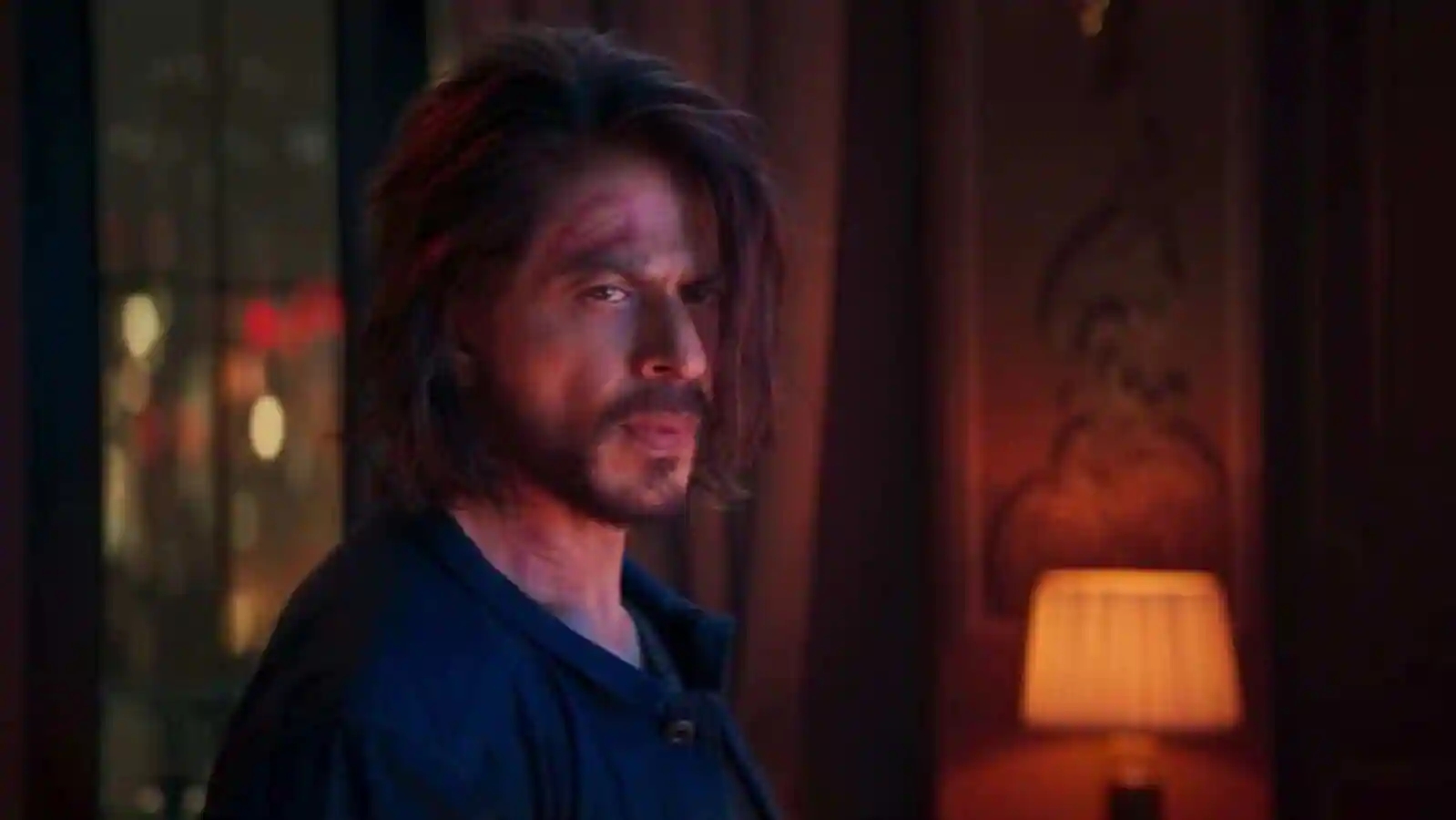
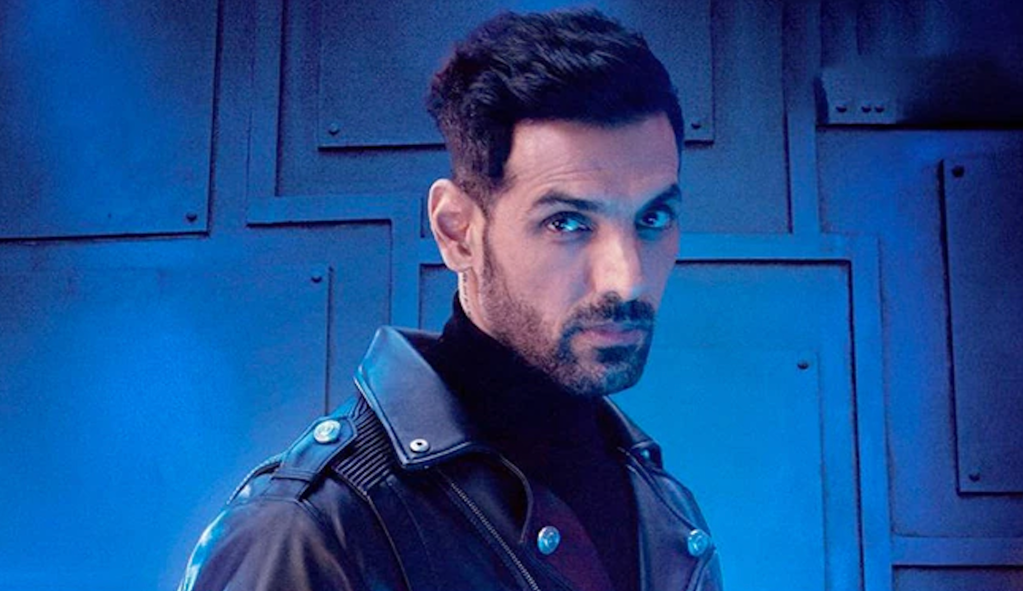
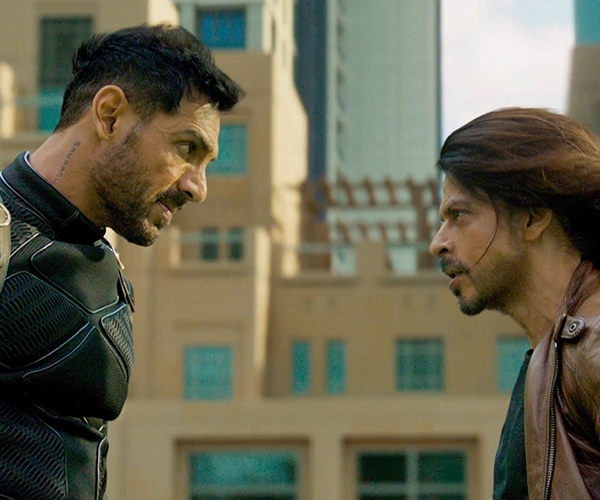
Shah Rukh has always been generous in sharing screentime with his co-stars, and while Salman Khan’s cameo is a highlight, the fight scenes with Deepika are just as good. Deepika shines here and is amazing in every sequence. Talking too much about her role would give too much away, but basically she does just about everything you would expect from a successful spy – often better than the guys! John Abraham’s rather stilted style of acting plus his boyish charm work well for his character, so even if his motivation is suspect, he makes a convincing villain. His physicality stacks up well against SRK as well, although the overuse of make-up at times to define muscles for both is jarring. It’s also good to see veteran actors Dimple Kapadia and Manish Wadha with no nonsense portrayals of the more serious characters in the story and they do manage to keep some of the silliness in check.
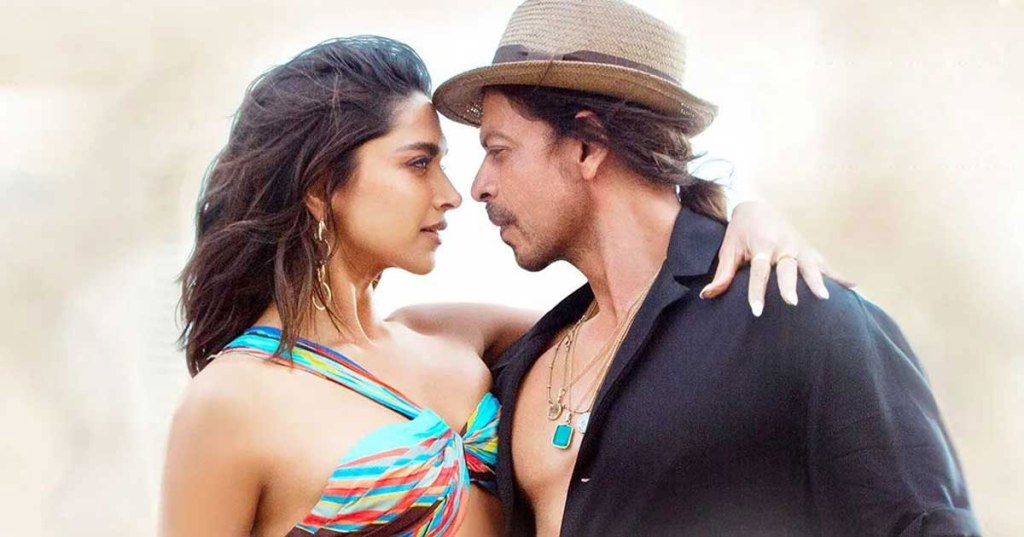
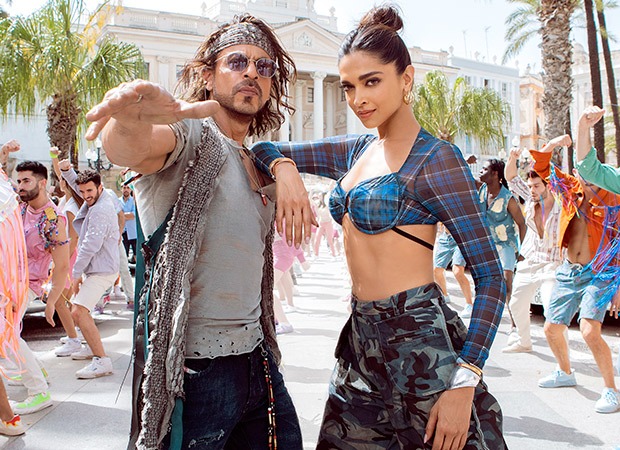
But in the end it all comes down to Shah Rukh. Everything is here. The wobbling lip, tear-filled eyes and the blood. So much blood! Including the blood-stained teeth that SRK seems to love in his films. He looks amazing and is in great shape, despite the few digs at his age throughout the film. He has the energy of a man half his age at any rate, and his sheer presences dominates the screen – at least until Deepika appears and then it’s an even split. Pathaan isn’t a good movie, but it does everything you’d expect with the added bonus of an on form Shah Rukh Khan as lead. I loved it, despite all the flaws and will happily watch it again. Make sure you stay until the end credits for an extra bonus too.





































